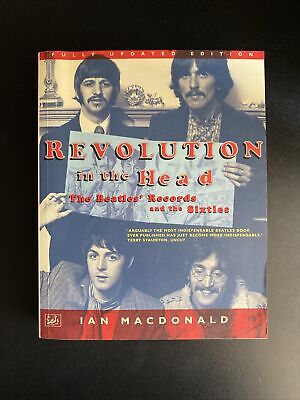- Messages
- 14,902
- Reaction score
- 2,431
- Trophy Points
- 228
Christiane F. - Wir Kinder vom Bahnhof Zoo (1981)
I've been curious about seeing this West German movie ever since I first got into David Bowie, as it features a soundtrack made up of tracks from his late 70s "Berlin period" ('Heroes', 'Warszawa' etc). It's a true story depicting a year in the life of West Berlin teen Christiane Felscherinow as she descends from Bowie fan (he performs at a concert she attends), into heroin addiction, prostitution and utter degradation, eventually selling her Bowie LP collection for a fix. It's harrowing stuff, it doesn't take the colourful, partly fun 'Trainspotting' route to addiction, it's just grey, vomit drenched, bleeding misery. 13-year old actress Natja Brunckhorst delivers an amazingly believable and tragic title performance but the other young cast are noticeably inexperienced first-time actors. I wouldn't describe it as an enjoyable watch but it's interesting to experience a contemporary vision of the Berlin that Bowie, Lou Reed and Iggy Pop sing about in their music of that period. Bowie's 'Low' album is one of my all-time favourite records.
Baal (1982)
Director Alan Clarke and David Bowie collaborated on a 1-hour TV play adaptation of Bertolt Brecht's 'Baal' for BBC1. It was obviously a different broadcasting landscape when something as curious, abrasive and uncommercial as this would be shown on "prime time" TV, celebrity appearance or not. Bowie plays the title role in dramatic scenes, plus in expository musical interludes, often using split screen. I liked the tableau framing of many shots, as if we are observing events from an imaginary theatre. Baal and all the characters in the play are thoroughly unpleasant and it's a pretentious production/play, about pretensions characters, speaking pretentious lines. So I didn't really enjoy it but I was strangely fascinated by it's intensity all the same.
Bowie and Tony Visconti released a 5-song EP of the songs (but fully orchestrated) to accompany the broadcast, an addendum to his Berlin period. It sounds great:
I've been curious about seeing this West German movie ever since I first got into David Bowie, as it features a soundtrack made up of tracks from his late 70s "Berlin period" ('Heroes', 'Warszawa' etc). It's a true story depicting a year in the life of West Berlin teen Christiane Felscherinow as she descends from Bowie fan (he performs at a concert she attends), into heroin addiction, prostitution and utter degradation, eventually selling her Bowie LP collection for a fix. It's harrowing stuff, it doesn't take the colourful, partly fun 'Trainspotting' route to addiction, it's just grey, vomit drenched, bleeding misery. 13-year old actress Natja Brunckhorst delivers an amazingly believable and tragic title performance but the other young cast are noticeably inexperienced first-time actors. I wouldn't describe it as an enjoyable watch but it's interesting to experience a contemporary vision of the Berlin that Bowie, Lou Reed and Iggy Pop sing about in their music of that period. Bowie's 'Low' album is one of my all-time favourite records.
Baal (1982)
Director Alan Clarke and David Bowie collaborated on a 1-hour TV play adaptation of Bertolt Brecht's 'Baal' for BBC1. It was obviously a different broadcasting landscape when something as curious, abrasive and uncommercial as this would be shown on "prime time" TV, celebrity appearance or not. Bowie plays the title role in dramatic scenes, plus in expository musical interludes, often using split screen. I liked the tableau framing of many shots, as if we are observing events from an imaginary theatre. Baal and all the characters in the play are thoroughly unpleasant and it's a pretentious production/play, about pretensions characters, speaking pretentious lines. So I didn't really enjoy it but I was strangely fascinated by it's intensity all the same.
Bowie and Tony Visconti released a 5-song EP of the songs (but fully orchestrated) to accompany the broadcast, an addendum to his Berlin period. It sounds great:

